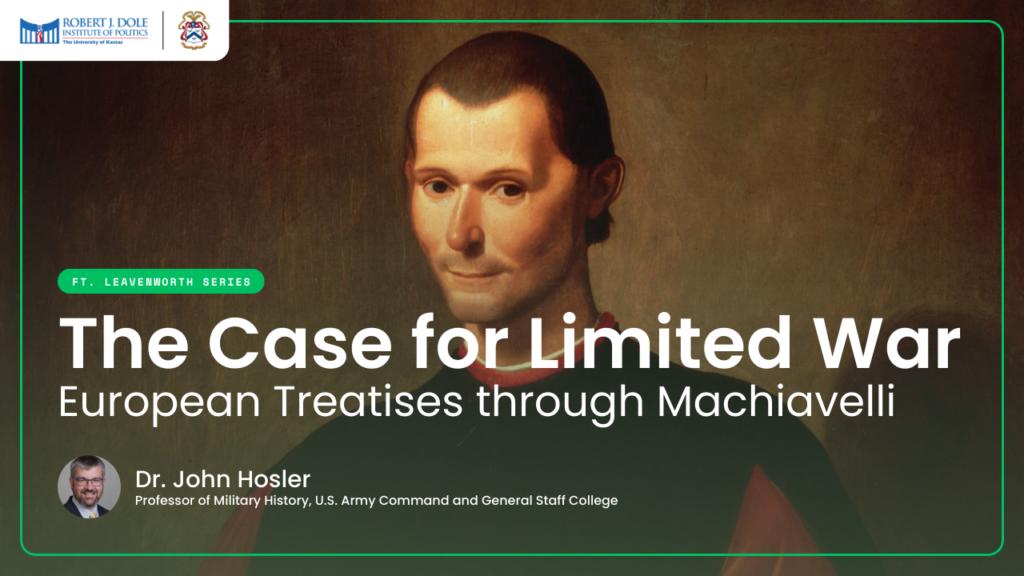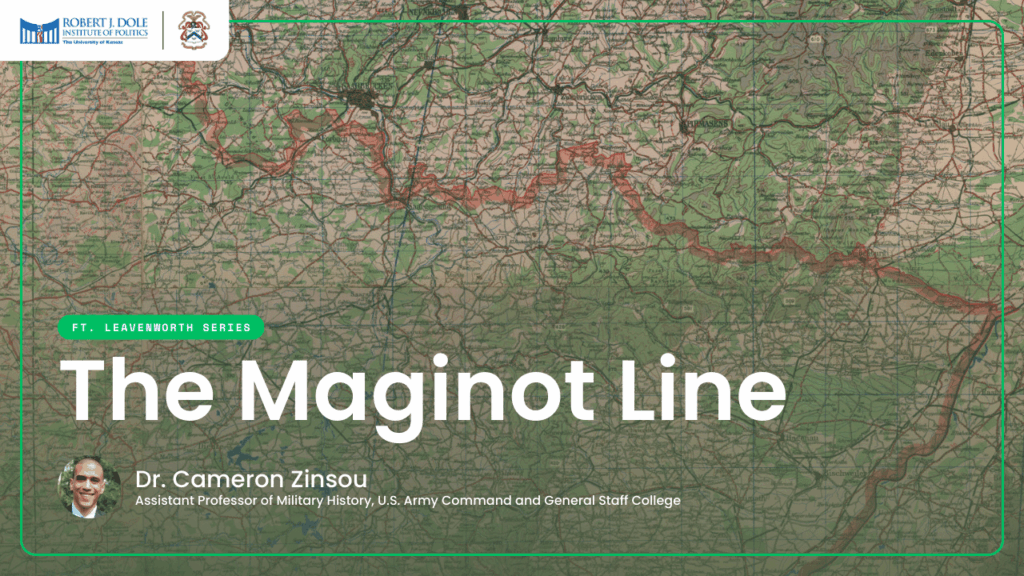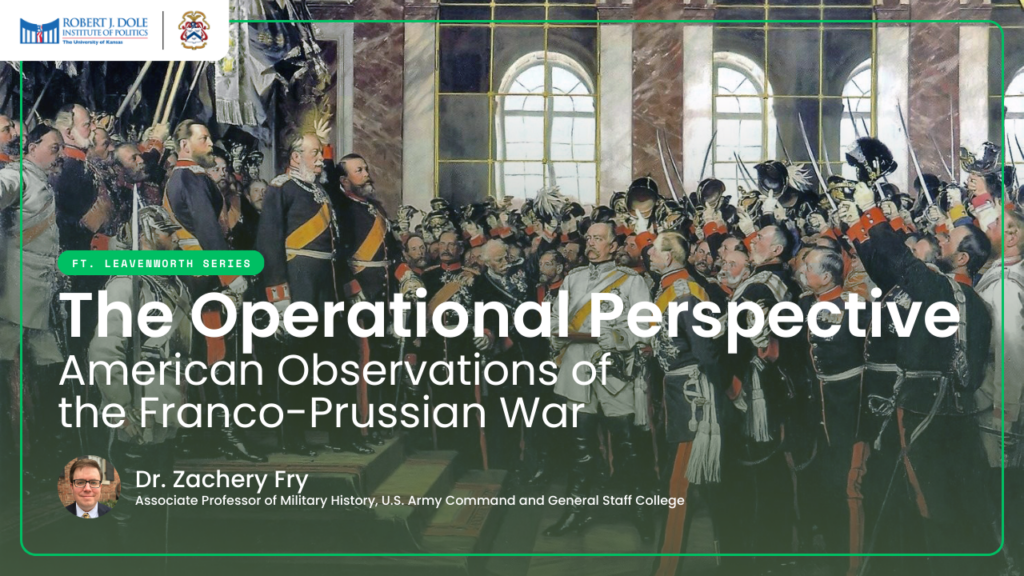
- This event has passed.
World Leaders in Wartime: Winfield Scott and Joint Warfare in 1847-1848
March 6, 2024 @ 3:00 pm - 4:15 pm

In March of 1847 General Winfield Scott led the first large-scale joint operation in U.S. history. Seeking to compel a favorable conclusion to the ongoing war with Mexico, the veteran U.S. Army commander developed an ad hoc partnership with the U.S. Navy to conduct an amphibious landing and assault on the fortress city of Veracruz along the Gulf of Mexico. This cooperation between the U.S. Army and U.S. Navy, which occurred in the absence of joint doctrine or American precedent, set conditions for a successful march on Mexico City and would establish an enduring cornerstone for the American Way of War.
Lieutenant Colonel Nathan Jennings is an Army Strategist and Associate Professor in the Department of Joint, Interagency, and Multinational Operations at the U.S. Army Command and General Staff College at Fort Leavenworth, Kansas. With a background in armored warfare and counterinsurgency, he served combat tours in Iraq and Afghanistan and previously taught history at the U.S. Military Academy at West Point, New York. Jennings is a graduate of the U.S. Army School of Advanced Military Studies, holds a Master of Arts in History from the University of Texas at Austin, and earned a PhD in History from the University of Kent.
The Ft. Leavenworth Series
The Ft. Leavenworth Series is an annual roster of lectures focusing on significant historical events, usually with an emphasis on military history. Each lecture is presented by faculty from the United States Army Command and General Staff College in Ft. Leavenworth, Kansas. Established by General William Tecumseh Sherman in 1881, the CGSC is the graduate college for U.S. Army and sister service officers. The esteemed faculty and guests of the CGSC provide unique and captivating insights into the history of military conflict from the ancient to the modern ages at the Dole Institute of Politics.
The opinions expressed herein are those of the individual and do not necessarily represent the views of the U.S. Army Command and General Staff College or any other governmental agency.


